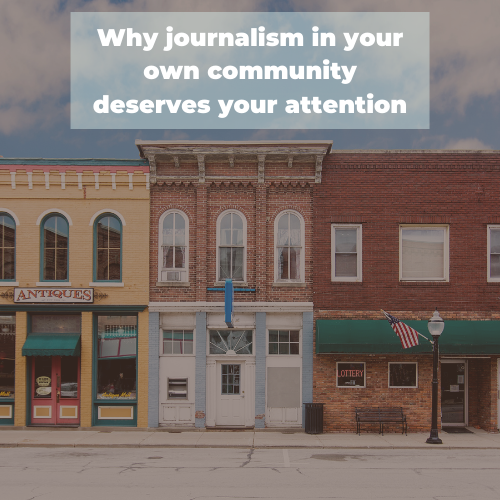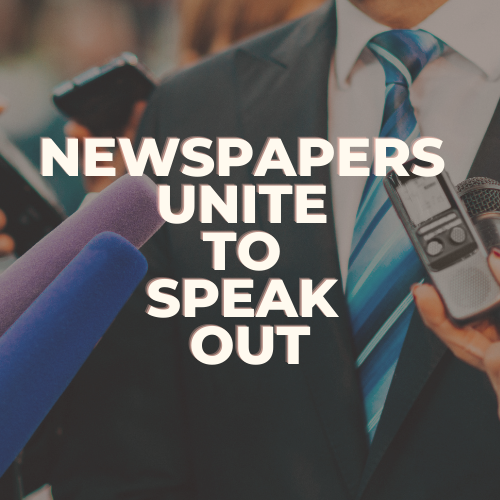The Price of Free Information
By: Brad Buchanan
Recently InfoWars and Alex Jones’ content was removed from YouTube, Apple, Spotify, and Facebook for hate speech, incendiary comments and other terms of service violations. This was followed by content removal from Vimeo and other social media platforms days later. For two decades Jones has trafficked in preposterous conspiracy theories, like the Sandy Hook massacre being a hoax, and missing children being sold as sex slaves on Mars. Now he is appealing to President Trump to stop the censorship.
These platform holders were perfectly within their rights to remove and prohibit InfoWars material from appearing on their services. They own these information outlets and, like any other news organization that refuses to publish demonstrably false articles, can prohibit certain kinds of content on their platforms.
InfoWars preys on the gullible and uninformed, using fear as the foundational element. The companies that fund Alex Jones advertise products such as survival equipment, water filtration systems, and vitamin-based “enhancement products”. The common denominator, though, is fear – global warfare, poisoned water supplies, an inability to be pleasurable to the opposite sex. Fear is leveraged into advertising dollars, which allows them to create more sensationalistic scary content, which is consumed for free by the public. This, in turn, foments more fear, and the cycle continues.
Other legitimate news outlets are employing the same business model – leveraging advertising money to pay for content that can be accessed without charge. With the burgeoning electronic landscape of how news is generated, disseminated and used, many companies are still working to find viable business models. There is not a bright, shining line to distinguish free credentialed journalism from outlets that peddle free quackery. Nonetheless, there are clues that can be followed.
Feelings come first. Emotion precedes clear thinking. When we read a piece of news, what emotions do we feel, and what is the depth of those emotions? If we read that the transportation department is going to shut down our street for repairs, we might become irritated, but not froth at the mouth. But when we read or are told that children are being snatched from our neighborhoods and shipped to Mars as sex slaves, if we are not laughing at the absurdity, we could become unreasonably incensed and fearful that our kids might be next.
Most adults are smart enough to know to read the fine print and be skeptical, but as the saying goes a sucker is born every minute. A broker from New York calls and recommends a certain hot stock, free, no charge, just trying to help you out. He is probably trying to increase purchases of the stock to drive the per share price for his own benefit. Get a free credit report on the internet, and all you have to do is put in your banking information. You can see where this is going. Get a free weekend at a nearby resort or purchase a sweet timeshare, no strings attached, until you arrive and find you have to sit through an afternoon of sales pitches on buying a timeshare.
The same (or greater) skepticism should be in regards to this free insider information. We live in an information economy, and those controlling the information have the power and gets the money. Whoever controls the algorithms for driverless cars receives the dividends from all the driverless deliveries. In an information economy, wouldn’t we want the very best information available, to couple our ideas most closely to reality, and give ourselves the best shot at being successful?
Here lies the real crux of the matter. We are willing to pay for quality cars, quality clothing, quality appliances, quality furnishings, and on and on. Why wouldn’t we be willing to pay for quality information? When it comes to news free may not be better, and in fact, it might be outright dangerous.
Newz Group provides state press associations with publisher support and archiving services alongside the most comprehensive newspaper monitoring in the greater Midwest.
Brad Buchanan is the CEO and founder of Newz Group. Brad has worked to help the journalism industry in America adjust to the digital world over the last two decades.



